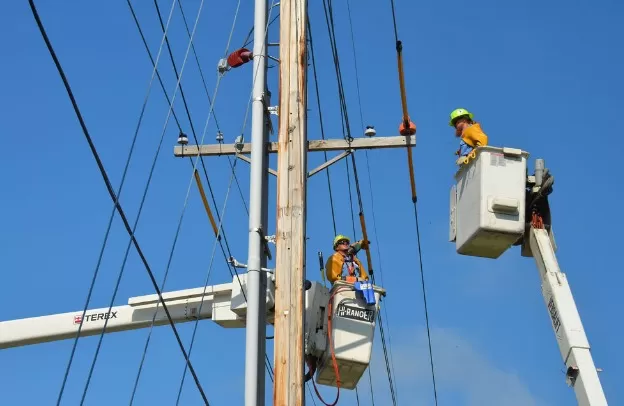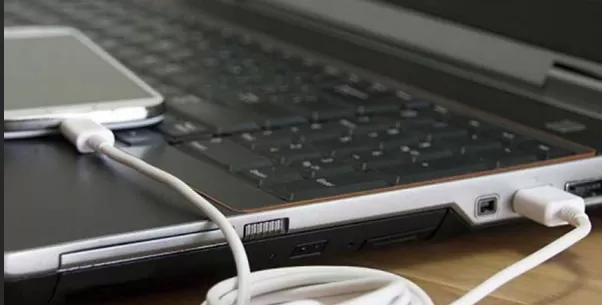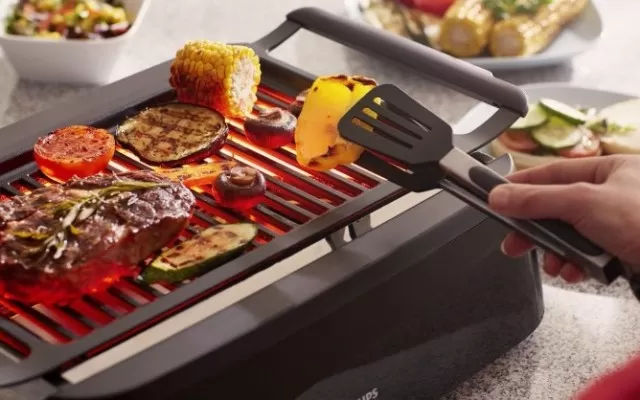Power Outage Protocol: Things to Avoid at All Costs. Power outages, whether caused by hurricanes or everyday rainstorms, can be unsettling. While shorter outages are common, lasting only a few hours, there is always the possibility of longer durations that can pose challenges and hardships. Even during brief outages, it is crucial to respond appropriately to ensure the safety of you and your family. To help you stay prepared and make informed decisions, here are 10 things you should avoid doing during a power outage:
Don’t Jump to Conclusions: Power Outages Can Be Selective.

Before succumbing to panic, take a moment to investigate whether your power outage is merely due to an overloaded circuit by inspecting your circuit breaker.
If that doesn’t resolve the issue, it’s advisable to reach out to your neighbors and nearby friends for further assessment. Remember that power outages can be selective, especially in towns operating on a grid system, meaning you might lose power while houses across the street retain theirs.
By determining which households have electricity, you can better strategize your next course of action.
Opt for Safer Alternatives: Avoid Reliance on Candles.
Although the traditional response to a power outage may involve reaching for candles, it’s important to recognize that this is not the safest choice.
Candles pose risks, especially when there are children or pets present, as they can be easily toppled over. Leaving a burning candle unattended while moving between rooms is also a potential hazard. Furthermore, certain candle holders can become dangerously hot if a candle is left to burn for an extended period.
To ensure the safety of your household, it is advisable to explore alternative options.
Consider strategically placing flashlights in various areas of your home, readily accessible during power outages. Remember to periodically inspect these flashlights to confirm that the batteries are functional and capable of providing reliable illumination.
By prioritizing safety over tradition, you can effectively navigate through power outages without compromising the well-being of your household.
Exercise Caution: Unplug Devices During Power Outages.

Upon experiencing a power outage, it is crucial to take immediate action by walking around your home and unplugging larger power-consuming devices, such as televisions, computers, and appliances.
Additionally, make sure to turn off smaller devices like lamps or radios. The rationale behind this precaution is to prevent potential damage caused by power surges when the electricity is restored.
Power surges can pose a significant risk as they have the potential to fry your electronic devices or overload your household circuits.
By proactively unplugging devices during a power outage, you can mitigate the chances of costly damage and ensure the safety of your electrical equipment.
Remember to exercise caution when the power is restored and gradually reconnect and power on your devices to avoid overwhelming your circuits.
Preserve the Cold: Avoid Opening the Fridge or Freezer.
During a power outage, it is essential to refrain from opening your refrigerator and freezer doors unnecessarily.
By keeping these appliances closed, you can help retain the cold air inside, preventing spoilage of perishable items. Surprisingly, an unopened refrigerator can maintain safe temperatures for approximately four hours, while a well-functioning freezer can preserve food for up to two days.
If the weather is hot at the time of the power outage, you can take an extra step to enhance insulation.
Consider wrapping blankets around your refrigerator and freezer, providing an additional layer of thermal protection. This simple measure can further prolong the coolness within the appliances, safeguarding the freshness of your stored food items.
By exercising restraint and implementing these practices, you can maximize the longevity of refrigerated and frozen goods during power outages, reducing the risk of spoilage and minimizing food waste.
Avoid Indoor Grilling: Prioritize Safety.

Under no circumstances should you consider grilling indoors as a solution during a power outage, even on a chilly evening.
It is crucial to recognize the significant risks involved. Both gas and charcoal grills emit fumes that, if not properly ventilated, can result in carbon monoxide poisoning, which can be life-threatening.
Inhaling carbon monoxide can have serious health consequences, including death.
Similarly, it is imperative to exercise extreme caution when using generators.
Outdoor generators should never be operated indoors, as this can pose a severe danger to your family’s well-being. Generators emit exhaust fumes that contain carbon monoxide, which, if trapped indoors, can quickly reach hazardous levels.
To ensure the safety of everyone in your household, always adhere to proper safety guidelines.
Keep grilling activities strictly outdoors, in well-ventilated areas, and away from the proximity of your home. When using generators, place them outside, at a safe distance from doors, windows, and vents, to prevent any harmful fumes from entering your living space.
By prioritizing safety over convenience, you can protect yourself and your loved ones from the potentially life-threatening consequences of indoor grilling and improper generator usage.
*The information is for reference only.